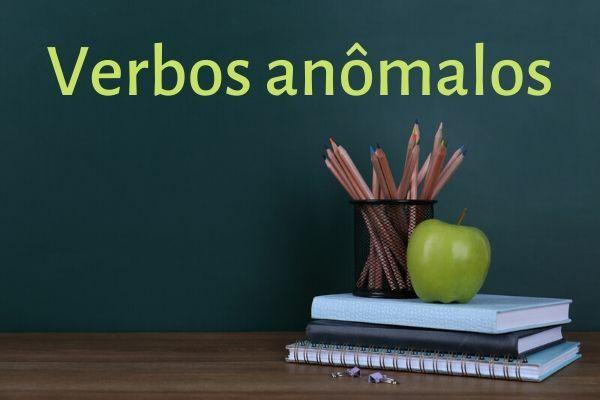With regard to the study of grammatical classes, we found the presence of some particularities that make them similar to each other. Representing this aspect, we mention the linguistic marks existing between adjectives and nouns, especially with regard to inflections.
Adjectives, like nouns, vary in gender, number and degree, the latter being demarcated with more complex features when compared to another class. Thus, the objective of the article in question is to really point out about one of these inflections – more precisely with regard to gender.
In this way, it is convenient to stick to the expression that complements the current title – expressed by a “broader notion”. This, in turn, denotes the remnants that it is related to and, mainly, governed by the grammar textbooks - liable, consequently, to be incorporated into our knowledge, in order to make us become active connoisseurs of the facts of the language and its respective peculiarities. Thus, in order to achieve such aptitude, let us check about some considerations inherent to the fact in question:
As for gender, the adjectives are classified into uniforms and biforms, the latter bringing as a primordial characteristic the fact that they present a form for the male and another for the feminine. This time, the formation of the feminine usually varies according to the completion of the masculine form, a fact that once again makes us realize the similarity relationships. In order to demarcate them, we will base ourselves on some assumptions.
* Adjectives ending in "-ês", "-or" and "-u" usually receive the ending "-a":
Do not stop now... There's more after the advertising ;)
conqueror - conqueror
english - english
raw - raw...
* Those ending in "-o", have their inflection demarcated by changing such ending to "-a":
slim – slim
target - white
smart- smart...
# There are also those that, in addition to presenting this aspect, are also marked by changes in the timbre of the stressed vowel, going from a closed sound to a more open one. Examples are:
scholar - scholar
beautiful - beautiful...
* Adjectives ending in “-ão”, when expressed in feminine, change this ending to “-ã”, “-ona”, and more recently to “-oa”:
crybaby - crybaby
glutton - glutton
are - are...
* Those ending in “-eu” change this ending to “-eia”, and those ending in “-éu” to “-oa”:
atheist - atheist
islander - island
commoner – commoner...
# The adjectives expressed by:
jew - jew
sandwich - sandia
* In relation to those formed by two adjectives, only the last one presents inflection, and those in which the second element is a noun remain unchanged.
dark green dress - dark green blouse
yellow-gold wall – yellow-gold ceiling
medical-dental office – medical-dental clinic...
# In this group there is a strong emphasis on the following races:
deaf-mute boy – deaf-mute girl. In this case, both elements are inflected.
navy blue coat – navy blue pants. In this composition, the elements remain unchanged.
By Vânia Duarte
Graduated in Letters
Brazil School Team
Grammar - Brazil School
Would you like to reference this text in a school or academic work? Look:
DUARTE, Vânia Maria do Nascimento. "The gender of adjectives – A broader notion"; Brazil School. Available in: https://brasilescola.uol.com.br/gramatica/o-genero-dos-adjetivosuma-nocao-mais-ampliada.htm. Accessed on July 27, 2021.

